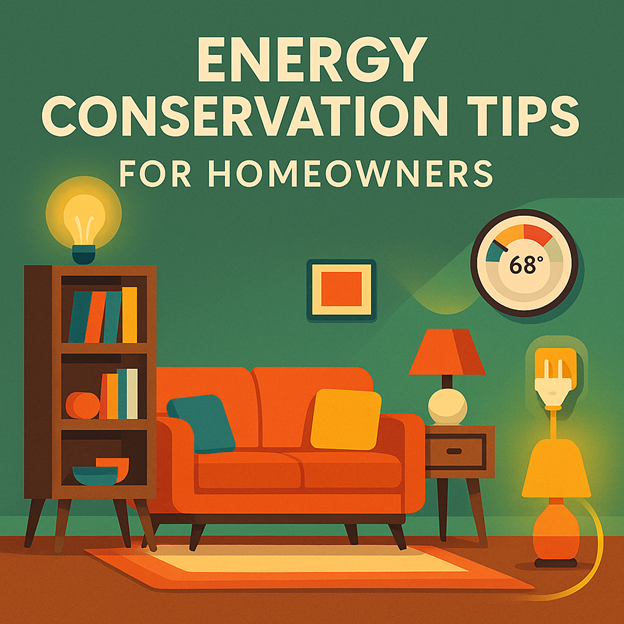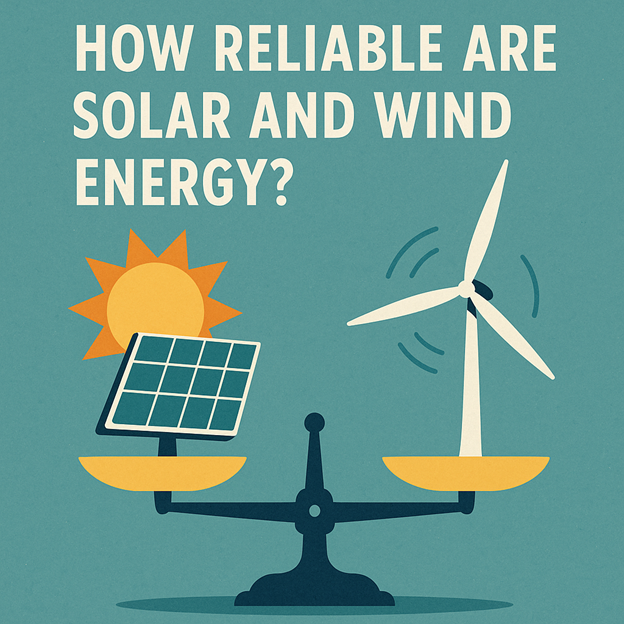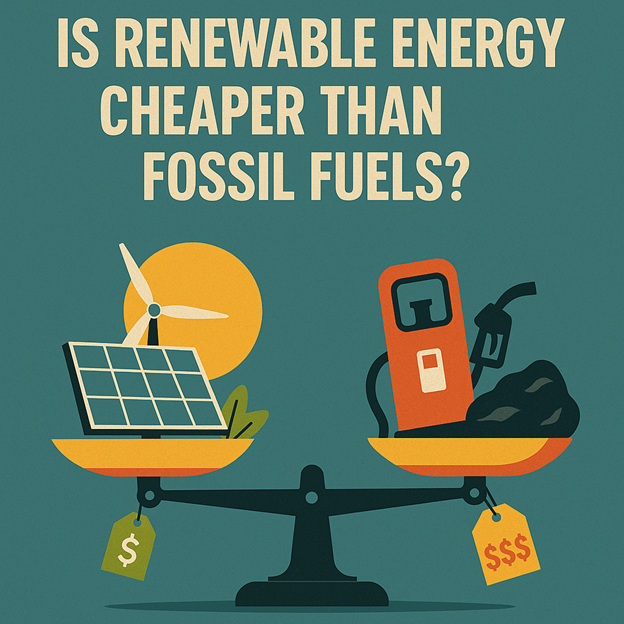Cutting down on your energy bill doesn’t require a full-blown solar install or moving off-grid to a yurt. Sometimes, it’s the small stuff — and when you stack enough small stuff together, it adds up to real savings (and a lighter carbon footprint to boot).
Let’s walk through a handful of easy, impactful ways to use less energy at home, whether you’re living in a suburban house, a city apartment, or somewhere in between.
Start with the classics: LED light bulbs. If you haven’t swapped out those old incandescent yet, this one’s a no-brainer. LED bulbs use up to 90% less energy and last way longer (Energy.gov). Plus, they don’t heat up the room like little stovetops.
Speaking of temperature — your thermostat is a power move. Adjusting it by just 7–10°F for 8 hours a day can save up to 10% annually on heating and cooling (U.S. Department of Energy). And if you install a smart thermostat? Now we’re talking remote control, auto-scheduling, and even learning your habits to optimize for savings.
Next stop: phantom power. That’s the electricity your devices draw when they’re technically “off” but still plugged in. TVs, game consoles, coffee makers — they all sneak a few watts 24/7. Use a smart power strip or just unplug them when not in use, and you could shave $100–$200 off your annual energy bill without even noticing.
Want bonus points? Do laundry in cold water. Use your dishwasher instead of handwashing (yes, it’s more efficient!). And don’t forget to check windows and doors for drafts — weather stripping and caulking are cheap fixes that prevent your HVAC from working overtime.
For those ready to level up, consider home energy audits, solar-ready upgrades, or even enrolling in a clean electricity plan from a renewable energy provider. That way, every kilowatt you do use comes from wind, solar, or hydro — not coal or gas.
Bottom line: energy conservation doesn’t have to be extreme to be effective. Small actions multiplied by millions of households can have a massive impact — on the environment and your wallet.
Want to cut back your energy use and go green at the same time?
👉 Explore SmartEnergy’s sustainable electricity plans →


